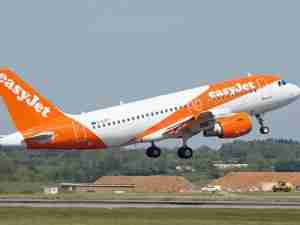Boeing says no funding gap for aircraft, reassures on output
By: Reuters | May 08 2014 at 04:37 PM | Air Cargo | International Trade
Financiers are increasing their exposure to the aircraft industry, allowing airplane buyers to meet demand for funding to support record aircraft production, aircraft maker Boeing said.
Seventy percent of banks and financial institutions already active in the sector, polled by the U.S. planemaker, said they planned to boost their investments in aircraft as the industry prepares to deliver airplanes worth $112 billion this year.
"Even factoring in current production rates by the major aircraft manufacturers, the global jetliner market is relatively tight today with demand for new, fuel-efficient airplanes outstripping supply," a senior Boeing executive said.
Capital markets and leasing companies are set to grow their share of the aircraft finance market this year, Boeing said, adding that European banks, now in better shape having weathered the sovereign debt crisis, were also increasingly keen on lending to the sector.
"If you are an airline or a manufacturer, you're saying this is great," Kostya Zolotusky, managing director for capital markets development and leasing at Boeing Capital Corporation, told reporters on the sidelines of an investor event in London.
"The commercial banks are looking at this as mobile, global real estate. It has the predictability, the stability and the returns of real estate investment but it has the advantage of being globally mobile."
International banks including Japanese, Chinese, Australian and Middle Eastern lenders are joining European banks in funding aircraft, Zolotusky said, adding that he also expected new leasing companies to enter the market.
"There is a lot of equity out there that is finding aircraft asset classes attractive and there's a lot of appetite from institutional investors especially in China and in Russia," he said.
Funding needs for aircraft deliveries are forecast to grow to $125 billion next year, and then climb to $129 billion in 2016, reach $135 billion in 2017 and $139 billion in 2018.
The market for used aircraft and the global air cargo market - two recent weak spots in an otherwise bullish sector - are showing signs of improvement, Zolotusky said.
Some investors however told Boeing that they were worried that high aircraft production might lead to overcapacity.
Between 35 percent and 39 percent of financiers polled in the survey said they saw a risk of aircraft oversupply over the next five years as Boeing and its European rival Airbus battle for market share.
But Boeing will adjust its production plans "if demand doesn't play out as expected," Zolotusky said. (Reuters)











